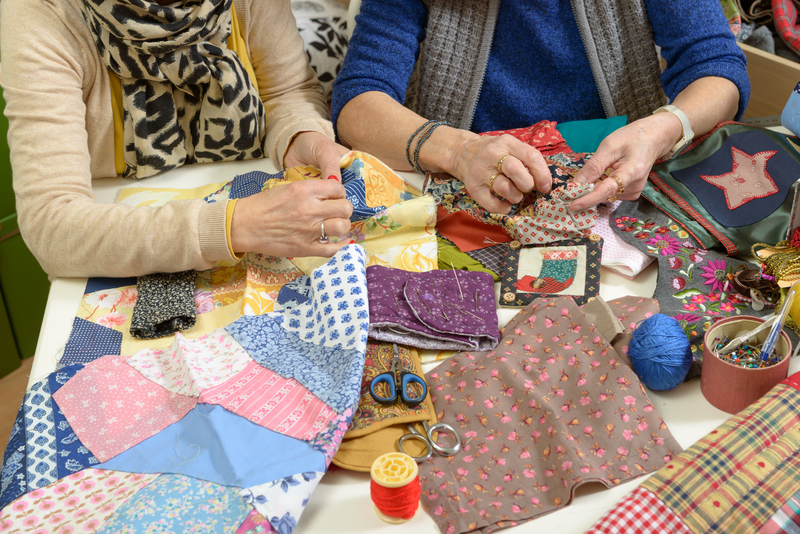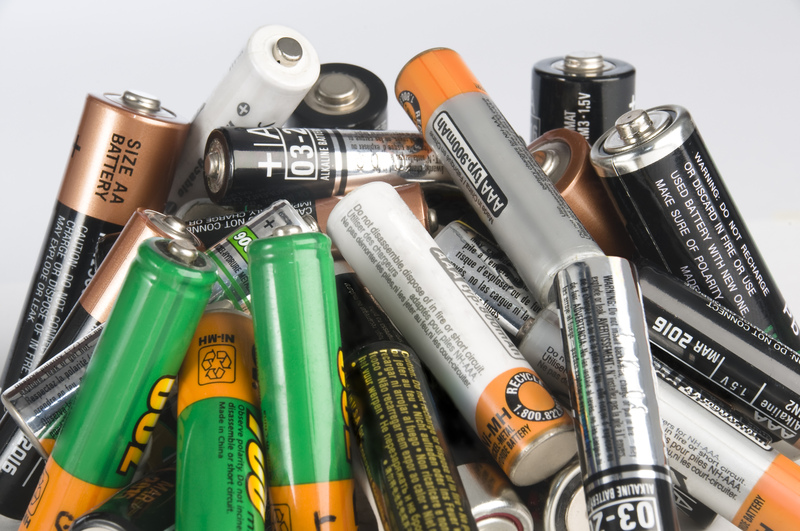The environmental impact of improper disposal of white goods
Posted on 17/09/2024
The improper disposal of white goods contributes significantly to environmental degradation and poses a threat to human health. The production and disposal of these large appliances require a significant amount of energy and resources, leading to carbon emissions and depletion of natural resources. Moreover, when not disposed of correctly, white goods can release toxic chemicals into the environment, polluting the air, water, and soil.
One of the biggest problems with improper disposal of white goods is that they end up in landfills. These vast dumping grounds emit harmful greenhouse gases, which contribute to climate change. Furthermore, white goods often contain hazardous materials like mercury, lead, and chlorofluorocarbons (CFCs), which can leak into the ground and contaminate groundwater supplies. This contamination can have severe repercussions on human health and ecosystem stability.
Apart from contributing to pollution and climate change, improper disposal of white goods also wastes valuable resources. Many components in these appliances can be recycled or reused for other purposes if disposed of correctly. By not properly recycling or repurposing these items, we are sending them to landfills where they will take up space for hundreds of years before decomposing.
Another major concern associated with improper disposal of white goods is the increasing number of e-waste in developing countries. Many developed countries ship their electronic waste to developing nations for processing or disposal due to lower labor costs. However, this practice leads to environmental exploitation and health hazards for workers in these countries who are exposed to toxic chemicals while handling e-waste.
So what can we do to reduce the environmental impact of improper disposal of white goods? First and foremost, we need to be aware of the proper ways to dispose of these appliances. Donate working appliances to local charities or sell them to second-hand stores. If they are beyond repair, contact your local waste management authority to arrange for proper recycling or disposal.
We can also opt for more energy-efficient and environmentally friendly alternatives when purchasing new white goods. By choosing appliances with high energy efficiency ratings, we reduce our carbon footprint and save on energy costs in the long run. It is also essential to properly maintain and repair our appliances to extend their lifespan, reducing the need for frequent replacement.
In conclusion, the improper disposal of white goods has severe consequences on the environment and human health. Landfill emissions, toxic chemical leaks, and e-waste exploitation are just some of the issues that arise from this practice. However, by being mindful of our actions and taking simple steps like proper recycling and opting for energy-efficient alternatives, we can significantly reduce the environmental impact of white goods disposal. Let us be responsible stewards of the planet by making informed decisions and protecting it for future generations.
Pros:
- Proper disposal of white goods reduces greenhouse gas emissions and helps combat climate change.
- Recycling and repurposing components can conserve valuable resources.
- Donating or selling working appliances reduces waste in landfills.

Cons:
- Improper disposal contributes to pollution, toxic chemical leaks, and e-waste exploitation.
- The production of new appliances requires a significant amount of resources.
- White goods take up valuable space in landfills, leading to environmental degradation.

Tips:
- Research proper disposal methods in your local area.
- Consider purchasing energy-efficient and environmentally friendly alternatives.
- Regularly maintain and repair your appliances to extend their lifespan.
Takeaways:
- We all have a responsibility to properly dispose of our white goods.
- Small changes in our everyday actions can make a significant impact on the environment.
- Proper waste management and recycling practices are crucial for a sustainable future.
In conclusion, the improper disposal of white goods has severe environmental consequences that cannot be ignored. It is essential to educate ourselves and take action to reduce our environmental footprint. By properly disposing of these appliances, we not only protect the environment but also conserve resources and support sustainable practices. Let us all do our part in creating a cleaner, healthier planet for ourselves and future generations.
Latest Posts
Enfield Real Estate: A Buyer's Guide
Escape the hustle and bustle: Enfield, a Tranquil Suburban Oasis





